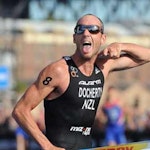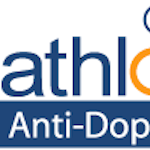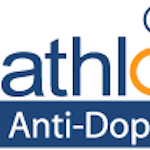Two athletes from sanctioned from 2012 Kraichgau ETU Challenge Long Distance European Championships
The ITU Anti-doping team recently sanctioned two athletes following the June 10, 2012 Kraichgau ETU Challenge Long Distance European Championships for the use of stimulants.
The athletes who were sanctioned are the following:
Igors Gucanovics (LAT) was suspensed from September 4, 2012 – October 20, 2012. Gucanovics will forfeit all rankings, results and points from the Kraichgau ETU Challenge Long Distance European Championships and any other triathlons since June 10, 2012.
Nikolay Yaroshenko (RUS) received a warning and will forfeit all rankings, results, and points from the ETU Kraichgau Challenge Long Distance European Championships.
ITU consistently draws its athletes’ attention to the extreme risk an athlete runs when using dietary and energy supplements which is defined as products containing “dietary ingredients” intended to supplement the diet. These include but are not limited to vitamins, minerals, amino acids, botanicals, herbs, and substances such as enzymes, organ tissues and glandulars, metabolites, and other dietary supplements.
In February 2012 ITU re-published a warning on its website regarding supplement use after two anti-doping violations occurred involving DMPA and MHEA. Both violations were caused by supplement use.
As stated on the website: “Two sanctions that were recently imposed by the ITU Anti-Doping Hearing Panel involved Methylhexaneamine (MHEA) and Dimethylpentilamine (DMPA), two banned stimulants that are contained in many energy drinks, caplets and bars. While it is easy to assume that an inadvertent anti-doping rule violation can only happen to someone else, in reality anyone that uses supplements is at risk, even after taking any recommended precautionary steps…”
The ITU warning, which mirrors that of many ADO’s, also clearly states that athletes are responsible for everything they ingest and cannot blame others, even in the event of an unintentional adverse analytical finding.
More specifically, “The rules are clear. Ultimately, based on the fundamental principle of strict liability, triathletes are responsible for any prohibited substance that may be found in their urine sample. If triathletes who chose to use vitamin, homeopathic or dietary supplements end up testing positive for a prohibited substance, this can result in a violation being declared regardless of how the prohibited substance got into their body…. The risks associated with supplementation are clear and the responsibility for assuming these risks ultimately rests with the individual triathlete…”
As stated above, the principle of strict liability renders athletes responsible for everything they ingest. All athletes should be aware of the dangers associated with supplement use and would be best served to avoiding supplement use altogether.
Related articles
-
Anti-Doping Updates September 5, 2012
10:19 - 05 Sep, 2012 -
Anti-Doping Updates August 29, 2012
09:03 - 29 Aug, 2012 -
Anti-Doping Updates April 25, 2012
08:21 - 25 Apr, 2012










